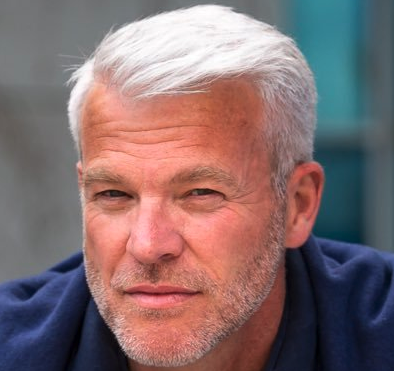|
|
|
Baljeet Grewal, |
Kazakhstan is finally pushing ahead with its much-delayed privatization programme, and the first companies will come to market early next year. That was the message from officials at Samruk Kazyna, the country’s sovereign wealth fund, who visited London in April to woo emerging market fund managers.
IPOs of national carrier Air Astana and uranium producer KazAtomProm are promised for early 2018. Sales of minority stakes in energy producer KazMunaiGas, national electricity utility Samruk Energy, postal service KazPost and the Kazakh national railway operator are due to follow in 2019 or 2020.
Kazakh authorities are hoping that the latest privatization drive will prove more successful than its predecessor, the ‘People’s IPO’ programme. That initiative, launched with great fanfare in 2011, envisaged the sale of stakes in a dozen state-owned companies – including Air Astana – to local retail investors.
Only two small listings emerged in four years, however, and the programme fizzled out. Local market participants attributed the failure partly to Kazakh policymakers’ decision to reform the second pillar pension scheme, which caused a dramatic decline in the domestic investor base.
Dual listings
This time, Samruk Kazyna, which is managing the privatization process, is going down a more conventional route. Dual listings are planned for most of the assets, with London the preferred international venue, according to Baljeet Grewal, the fund’s head of strategy and portfolio investments.
“We are focused on attracting the right kind of investor that will bring in the right kind of capital, as well as technical expertise,” she says.
Domestic investors will still likely get a look in, however, given that the IPOs will provide an ideal opportunity for Kazakh authorities to showcase their ambitious new Astana International Financial Centre.
The centre will operate under British law and will occupy infrastructure built for this summer’s Expo 17 in the Kazakh capital. It is due to be operational by early next year.
Market participants are sceptical, however, of Kazakh claims that it will serve as a financial hub for Central Asia. “I can’t imagine an Uzbek company choosing Astana for a listing over London or Hong Kong,” says one regional specialist.
We want to facilitate further market reform in Kazakhstan, and for that there needs to be privatization on a national scale – Baljeet Grewal, Samruk Kazyna
Kazakhstan watchers are, however, relatively optimistic about the chances of at least part of the latest privatization plan coming to fruition.
“The Kazakh government does seem to be serious about making this happen,” says Clemente Cappello, chief investment officer at regional specialist fund manager Sturgeon Capital. “Obviously their timeline has shifted – but, to be fair, that has been partly due to exogenous factors.”
Topping the list of these is the 2014 oil price crash, which hit Kazakhstan’s heavily oil-dependent economy and currency hard. After two devaluations failed to ease pressure on the tenge, the Kazakh central bank moved to a free float in August 2015, sparking a further massive depreciation and a jump in domestic dollarization.
Nearly two years on, the economic outlook has improved greatly. The tenge has stabilized, dollar deposits have fallen to below 60% of the total – from as much as 85% in 2015 – and the IMF is tipping the Kazakh economy to grow by 2.5% this year and 3.4% in 2018.
Valuations of Kazakh assets have duly recovered from 2015 lows, providing a strong backdrop for privatization. Grewal insists, however, that the focus of the programme is not only revenue-raising.
“We want to facilitate further market reform in Kazakhstan, and for that there needs to be privatization on a national scale,” she says. “We want our companies to be scrutinized and benchmarked to international standards.”
Reassurance
Oleg Kouzmin, chief economist for Russia and CIS at Renaissance Capital, notes that policymakers may also be keen to strengthen Kazakhstan’s institutional framework to ensure a smooth transition of power when Nursultan Nazarbayev, who has ruled the country since 1989, eventually relinquishes his grip on the presidency.
How keen investors will be to buy into the Kazakh recovery story remains to be seen. Kouzmin says Kazakhstan “remains on the radar” of equity buyers but adds that most would like to see further progress on reform. Investors in the privatization process are also likely to want reassurance that the interests of minority shareholders will be protected, says Cappello, given that the Kazakh government intends to retain control of most of the companies up for sale.
The cautionary tale in this respect is KazMunaiGas Exploration Production, which was listed in London in 2006. The company has had a troubled relationship with its state-owned parent, KazMunaiGas NC, for most of the past decade, culminating in a failed attempt last summer by the latter to buy out minority shareholders at a price many saw as well below market value.
“People tend to remember these things,” says Cappello. “Kazakh authorities will need to show that state-controlled companies will be independently managed.”




